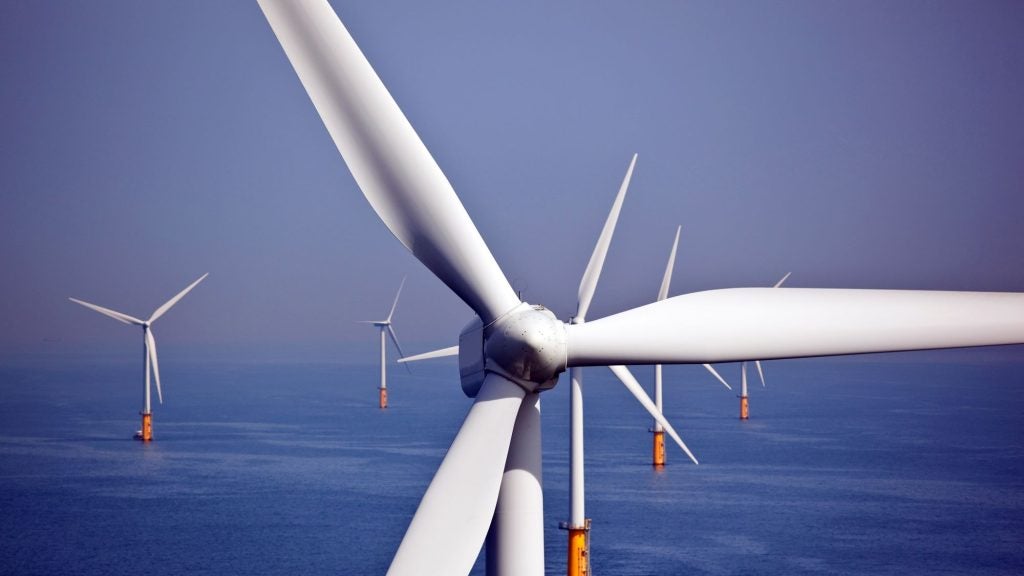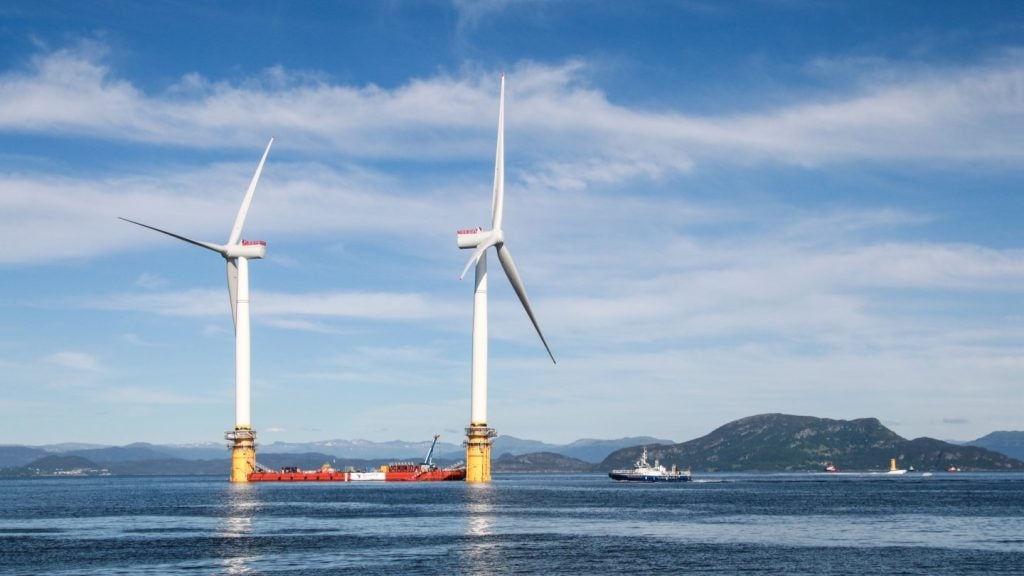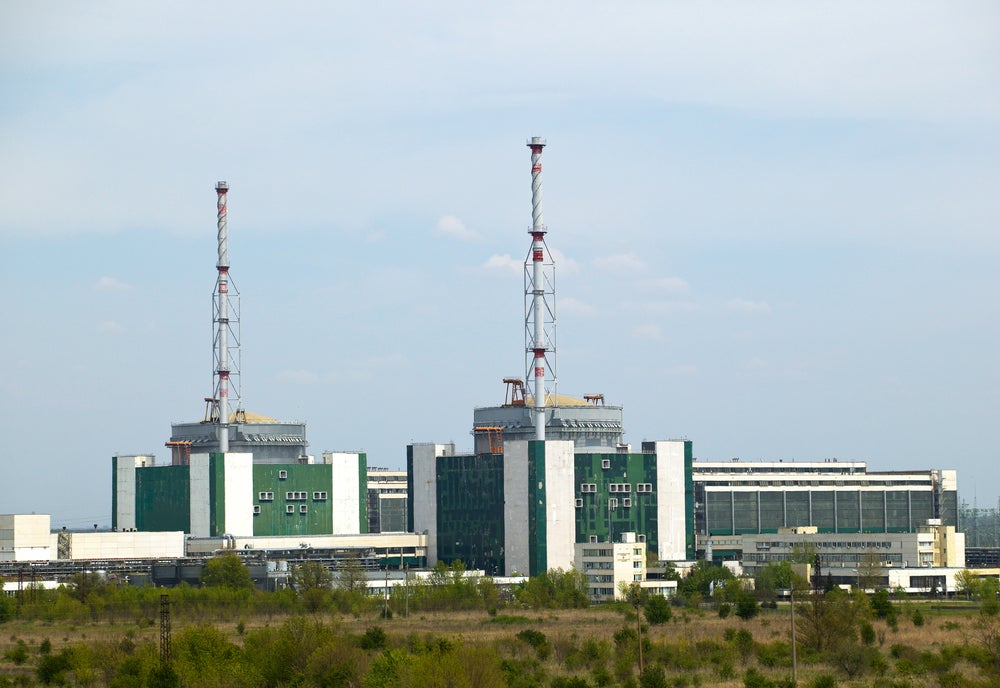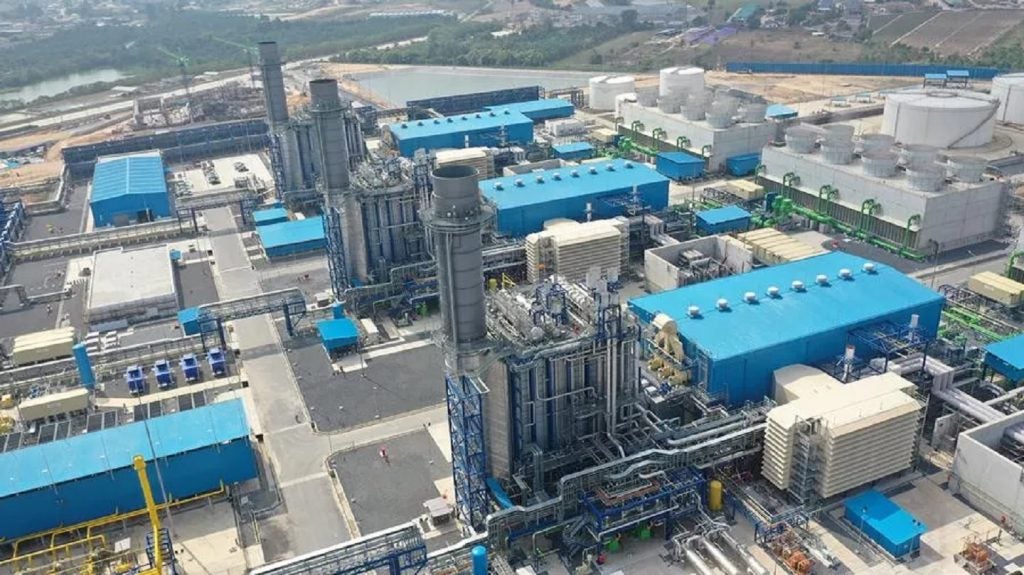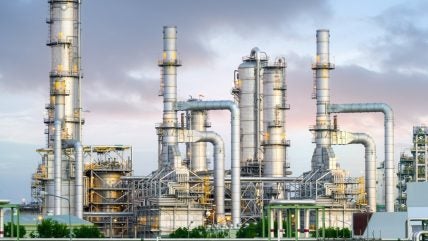
Germany’s Ministry for Economic Affairs and Climate Action (BMWK) has agreed to provide subsidies of €16bn for the construction of 10GW of hydrogen-ready gas-fired power plants.
The subsidy scheme has been significantly reduced since August 2023 when the proposal was first unveiled. A maximum of 23.8GW was anticipated at that time.
The tenders for the gas-fired stations are set to be launched shortly although a specific time frame has not been disclosed.
The transition from gas to 100% hydrogen for these plants is expected to occur between 2035 and 2040. The definitive switchover date will be determined in 2032.
The original auction was planned for 2026, with a previous hard deadline for the hydrogen switchover set for 2035.
See Also:
The subsidies for the programme will be sourced from Germany’s €212bn Climate Transformation Fund.
How well do you really know your competitors?
Access the most comprehensive Company Profiles on the market, powered by GlobalData. Save hours of research. Gain competitive edge.

Thank you!
Your download email will arrive shortly
Not ready to buy yet? Download a free sample
We are confident about the unique quality of our Company Profiles. However, we want you to make the most beneficial decision for your business, so we offer a free sample that you can download by submitting the below form
By GlobalDataWhile the ministry has not specified a budget for the power plant strategy, it is believed that the government will allocate €16bn over two decades to the subsidies – significantly higher than the €7.55bn proposed during budget discussions in January 2024.
It remains uncertain whether the tender will support the development of four large 2.5GW hydrogen-ready plants or whether 10GW capacity will be distributed across a greater number of smaller facilities.
Germany aims to establish its own “technology-neutral” capacity market mechanism by 2028. This will allow operational hydrogen-ready plants to participate once connected to the grid.
The mechanism compensates power plants for maintaining a set level of standby capacity to support the intermittency of renewable energy sources.
The government has also proposed measures to simplify the fiscal and planning processes for green hydrogen facilities within the country, likely to secure a local supply for power producers.
Hydrogen Insight quoted BMWK’s statement: “It was also decided that existing obstacles to the construction and operation of electrolysers should be removed without restriction and that all opportunities should be used to accelerate the expansion of electrolysers in particular, which should be operated in a system-supporting manner.
“Furthermore, there must be no double charging of levies and fees on electricity for storage and electrolysis, so that there are market-based and system-beneficial incentives to produce hydrogen.”
However, with numerous green hydrogen projects facing delays, there is uncertainty about the availability of green hydrogen for these power plants.
They may need to resort to using blue hydrogen produced from fossil gas with carbon capture and storage, or even grey hydrogen, derived from unabated fossil gas. Both options could be more polluting than gas-fired power.



